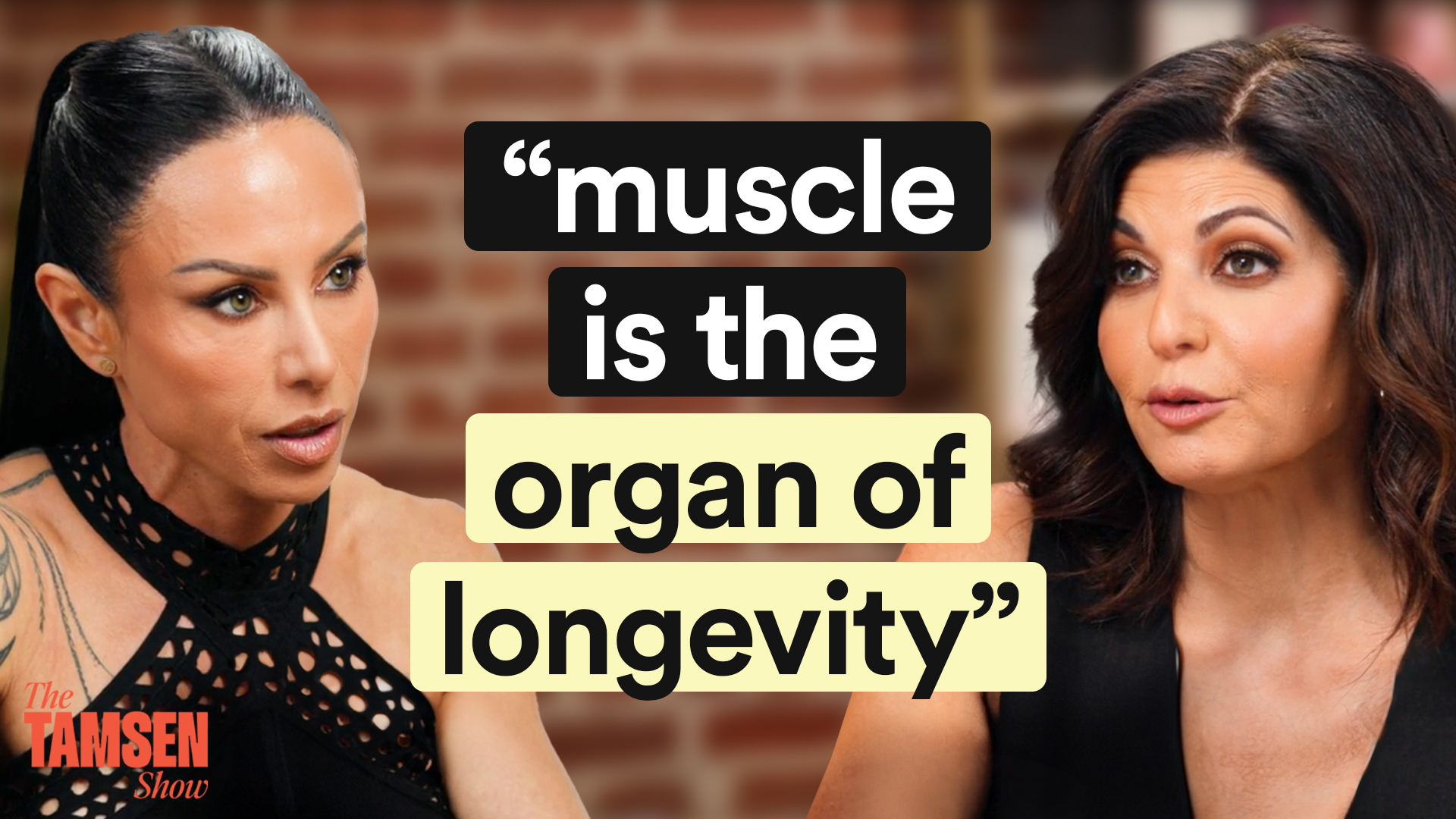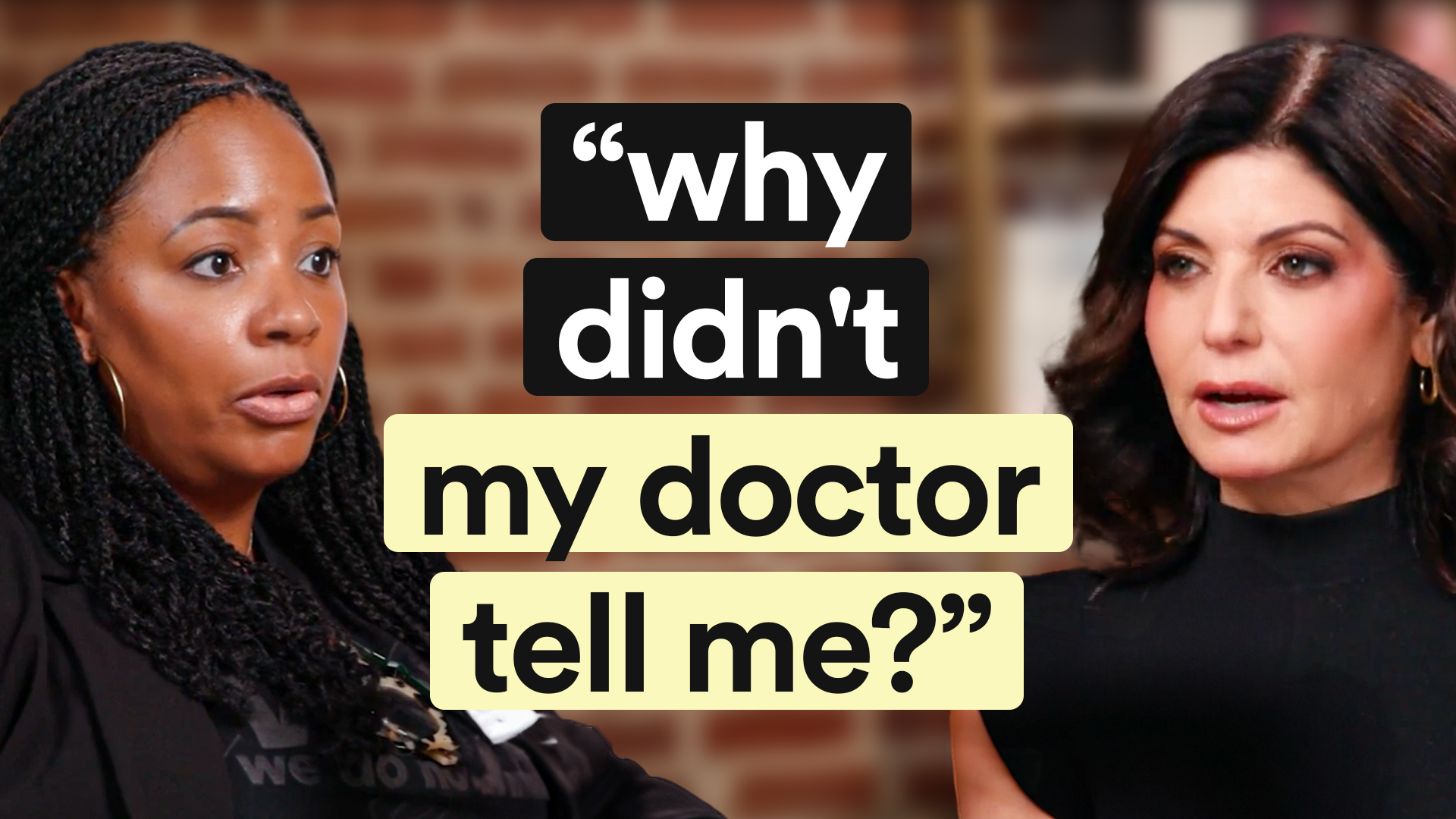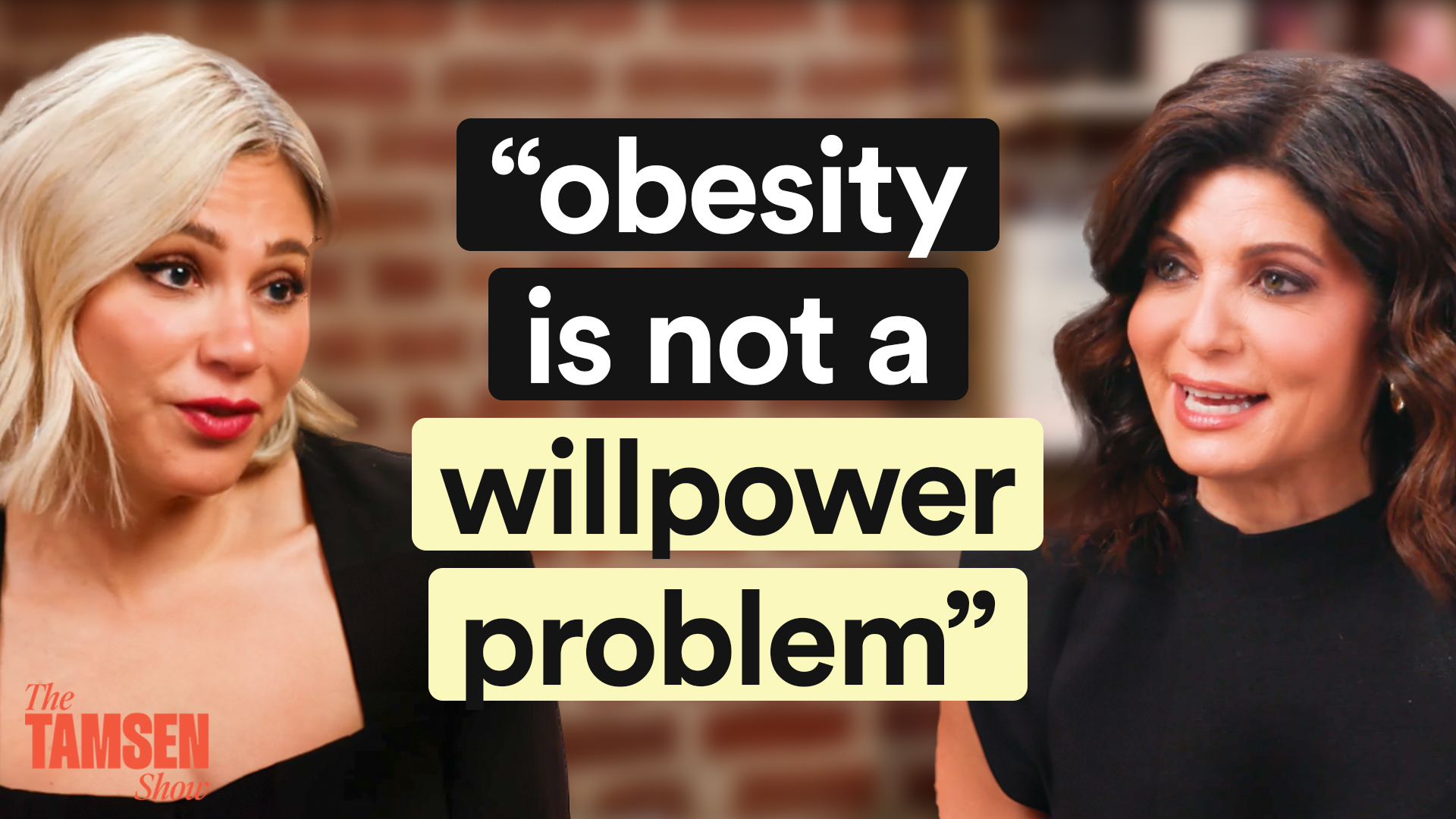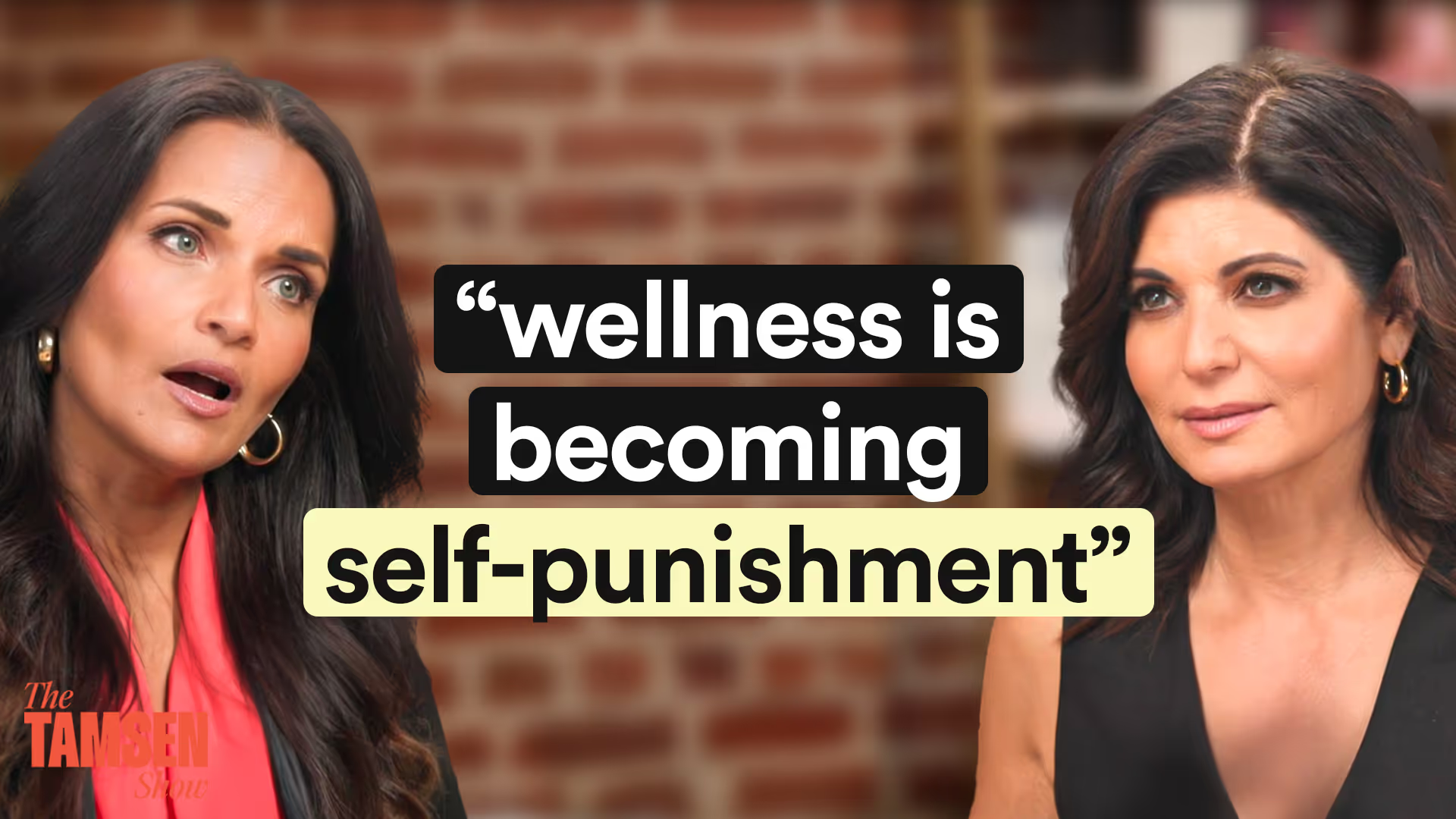Have you ever been in the middle of a peaceful night's sleep, and suddenly, you're jolted awake by a wave of intense heat? Your pajamas and sheets are soaked, and you feel utterly uncomfortable. Leg in and leg out of the sheets. Yes, you are not alone! This is the reality of night sweats for many women going through menopause. These unexpected bursts of sweating can be a real nuisance, disrupting your rest and leaving you exhausted the next day.
Understanding what night sweats are and why they happen is the first step to managing them effectively. Let's explore the causes of night sweats and how you can find relief from this common menopausal symptom.
What are night sweats?
Get to know the culprit behind your night sweats
Night sweats are episodes of excessive sweating during the night that can drench your sleepwear and bedding, leading to sleep disturbances and fatigue. Kind of like hot flashes, night sweats are caused by your body’s response to hormonal changes during menopause. They are essentially hot flashes that occur during sleep!
This symptom can really affect the quality of your sleep, making you feel tired and irritable during the day. The underlying mechanism involves the hypothalamus, the part of the brain responsible for regulating body temperature. Night sweats can vary in frequency and severity. Some women might experience them occasionally, while others might have them every night.
What causes night sweats?
Understanding night sweats is the first step toward finding relief
The primary cause of night sweats during menopause is the fluctuation and eventual decline in estrogen levels. Estrogen helps regulate body temperature, and its decline makes the hypothalamus more sensitive to slight temperature changes. This hypersensitivity can cause the body to overreact to minor temperature changes, triggering excessive sweating as a cooling response.
The hypothalamus, often referred to as the body’s thermostat, can misinterpret these hormonal changes as a sign that the body is overheating. In response, it triggers a series of events aimed at cooling down the body, such as dilating blood vessels and activating sweat glands. This process is what causes the intense heat and sweating associated with night sweats.
While hormonal changes are the primary culprits of night sweats, certain triggers can cause an onset of symptoms. Those triggers may include:
- Lifestyle Factors - Certain lifestyle choices and environmental factors can exacerbate night sweats. For example, consuming spicy foods, caffeine, or alcohol close to bedtime can trigger sweating episodes. Similarly, a warm bedroom environment, heavy bedding, or wearing non-breathable sleepwear can increase the likelihood of night sweats.
- Stress and Anxiety - Emotional stress and anxiety are also known to affect the hypothalamus and can contribute to the occurrence of night sweats. Managing stress through relaxation techniques and creating a calming bedtime routine can help mitigate this trigger.
- Heat: Exposure to high temperatures during the nightcan prompt the body to react with a night sweat. High temperatures, whether from hot weather, warm indoor or environments can trigger episodes.
- Tight Clothing: Tight or synthetic fabrics can trap heat, making it harder for the body to cool down.
Personal triggers are unique to each person and may require a bit of detective work to identify. Keep a symptom diary to record each night sweat, noting the time, activity, food intake, or any other conditions you think might even trigger a night sweat. By understanding what triggers your night sweats, you’ll have a better idea of what you need to do to manage your episodes.
How can I manage night sweats?
Practical tips to help you find relief from night sweats
Bedroom adjustments
Ensure your bedroom is cool and well-ventilated. Use fans or air conditioning to maintain a comfortable temperature. (And ask your partner to be patient or to wear something warmer!)
Use lightweight, breathable bedding materials such as cotton sheets and blankets that can wick moisture away from the body.
I love sleeveless shirts and shorts. Try to choose loose-fitting, light sleepwear made from natural fibers like cotton, which can help regulate body temps.
Sleep hygiene
Maintain a regular sleep schedule by going to bed and waking up at the same time every day. Try to develop a relaxing pre-sleep routine that can include reading, taking a warm bath, or practicing relaxation techniques like deep breathing or meditation.
Diet and Hydration
I know I say this all the time, but try to drink plenty of water throughout the day and then try to limit fluids close to bedtime to avoid frequent bathroom trips at night. I have had to stop my nightly tea before bedtime!
Figure out and avoid food and drink triggers that can exacerbate night sweats, such as caffeine, alcohol, spicy foods, and large meals before bedtime. Wine has also become problematic for me.
Exercise
Engage in regular exercise, which can help regulate your body’s temperature control mechanisms. Try to aim for at least 30 minutes of moderate exercise most days of the week, but avoid vigorous activity close to bedtime.
Manage your stress
Incorporate stress-reducing practices into your daily routine, such as yoga, meditation, or deep breathing exercises, which can help reduce the frequency and severity of night sweats. Consider therapies like acupuncture, which some women find helpful for managing menopausal symptoms, including night sweats.
Talk to your doctor about medical treatments
Hormone Replacement Therapy (HRT) can be effective in reducing night sweats and other menopausal symptoms by stabilizing hormone levels. However, it is not suitable for everyone, so it’s important to discuss the benefits and risks with your doctor. And please make sure you are seeing a doctor who gives you options so that you feel comfortable.
Some medications, including certain antidepressants and blood pressure drugs, have been shown to help reduce night sweats. Your healthcare provider can advise whether these treatments might be appropriate for you.
Some women find relief with herbal supplements such as black cohosh or soy isoflavones, although the effectiveness of these remedies can vary. It’s important to consult with your healthcare provider before starting any new supplement
Please note: This is not medical advice. Always talk to your doctor about your individual needs.
Keep track of your night sweats
Keep a diary of your night sweats, noting the frequency, severity, and potential triggers. This can help you and your healthcare provider develop a more effective management plan.
Night sweats can be a super frustrating symptom of menopause, affecting your sleep quality and overall well-being. However, by making lifestyle adjustments, exploring medical treatments, and seeking support, you can manage this symptom more effectively. Always consult with your healthcare provider to develop a personalized plan that suits your specific needs and health profile.
Additional Resources:
Secrets To Thrive In Menopause: Download this free guide to learn my top secrets to thrive in menopause.
Menopause Symptom Tracker: Track your symptoms and get connected to physicians and organizations that can help you!
The information contained on this website is intended for informational and educational purposes only. It is not intended to be a substitute for the advice of an appropriately qualified and licensed physician or other healthcare provider.








.jpg)
.jpg)




